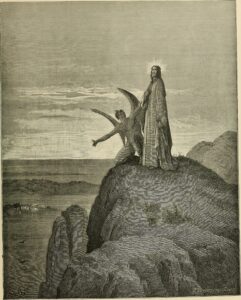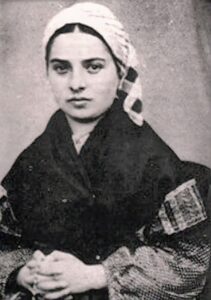The Desert and Temptation

When Jesus was led by the spirit into the desert, to be tempted by the devil. And when he had fasted forty days and forty nights, afterwards he was hungry. And the tempter coming said to him: If thou be the Son of God, command that these stones be made bread [Matt. 4_1-3]
THE devil has a special fondness for people when they are alone. Christ was not tempted in a town or among the multitudes. It was during His forty days of fasting in the desert that He was approached by the devil. Satan and his assistants are put on high alert when someone might be in a position to converse with God. They hate it when their targets set off on their own.
The group man and the team player are allowed to drift along. But the person who embarks on a solitary path with no teammates prompts the famous general to pull out his maps. The commander studies his battle plan, considers shortcuts and highlights inadequate defenses. Every campaign is unique.
“The devil envies those who are tending toward a better life,” said Thomas Aquinas. A mother returns home with her newborn. She is excited and happy. After a few weeks or months, she may find herself battling the temptation toward discouragement. He tells her she is lonely. He tells her home is shabby and poor. He tells her she isn’t doing anything important. He tells her to leave the desert and turn stones into bread.




